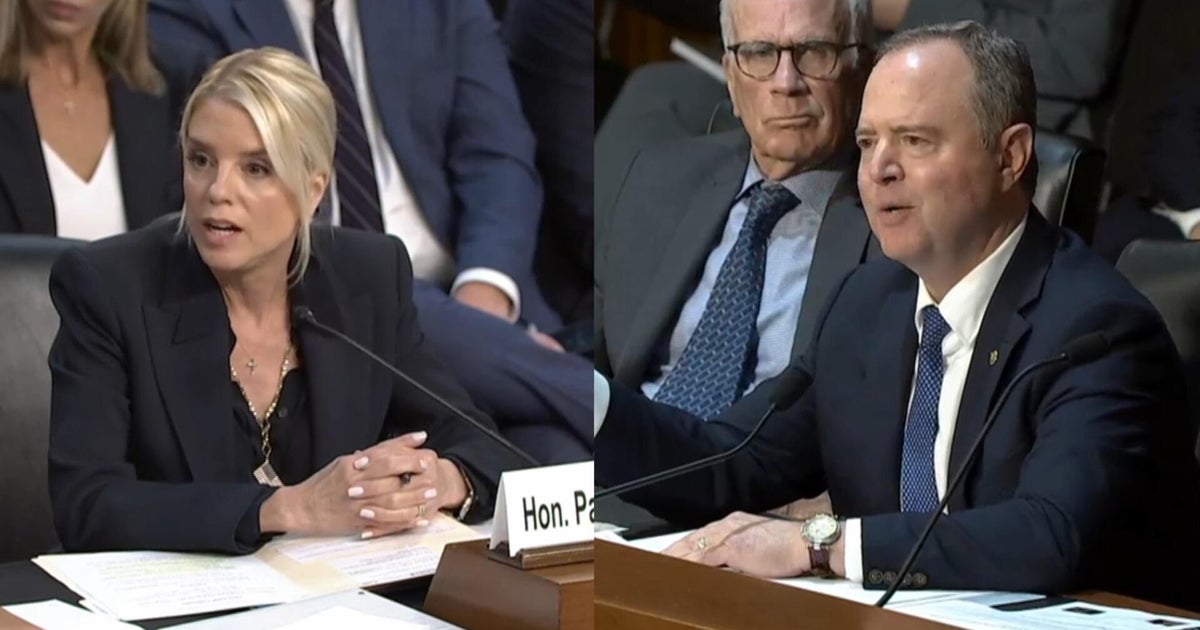Is that restaurant wine you splashed your hard-earned cash on not quite right? Here’s when it’s acceptable – or not – to request replacing it.
You’re at a restaurant or wine bar and order a bottle of wine that doesn’t hit the mark. Wine should be enjoyed, not endured. But when is it appropriate to send it back, and if so, how do you go about it?
The short answer is ... it depends.

When it’s definitely OK
“Generally speaking, a wine should only be sent back when it’s faulty,” says fine wine and hospitality consultant Marcell Kustos. “That’s the baseline etiquette.”
Faulty wines are generally corked (musty, damp cardboard smell), oxidised (flat or stale) or cooked (think stewed fruit thanks to poor storage). If it smells like a barnyard or old socks, raise the issue.
Ideally, the sommelier or staff should spot this before it hits your table. “Restaurants and somms should never transfer the responsibility of identifying faults to guests,” says Kustos.
The good news is that most producers and distributors are happy to replace faulty bottles.
When it’s not OK
Changing your mind halfway through. There needs to be a valid reason for returning a bottle of wine. Changing your preference from shiraz to grenache halfway through a bottle doesn’t cut it. If most of the wine has already made it down your gullet before you decide it’s not your style, expect to pay for it.

Different venues, different rules
While some places may happily swap a cheaper bottle to keep you smiling, rare or niche wines are a different story. “I haven’t heard of people returning bottles to bottle shops because they realise they don’t like it after drinking half, so why would it be OK at a restaurant?” Kustos says.
Some restaurant staff take a more chilled approach - such as Alex Pineo from Melbourne’s Rocco’s Bologna Discoteca.
“You can return clothes, appliances and even cars,” Pineo says. “It’s your hard-earned money. Wine is meant to be enjoyed, and forcing a guest to endure 750ml of hell on their special occasion can really harm a guest’s potential for a repeat visit. This, in turn, generates more revenue for the venue for an amount that’s probably greater than the cost of the wine.”
That said, he’s not talking about expensive bottles of burgundy. Context matters.
“I wouldn’t return a wine at a smaller-scale restaurant or a restaurant that doesn’t have a wine focus.”

The golden rule: be polite
After more than 15 years as a sommelier and wine buyer in fine dining spaces across Melbourne, London, Daylesford and Geelong, Stacey-Lee Edwards has seen it all. Her advice is to talk it out.
“It shouldn’t happen, but if a wine is completely different to how it was described, I would take that on the chin as a somm and find it a new home — either [by selling it] by the glass or bottle,” she says.
“A good floor or wine team will understand that we all have different thresholds for various spoilage, and if handled with respect, it should be swapped without question. A polite, respectful conversation will always go a long way to making sure everyone wins.”
The best recipes from Australia's leading chefs straight to your inbox.



















































